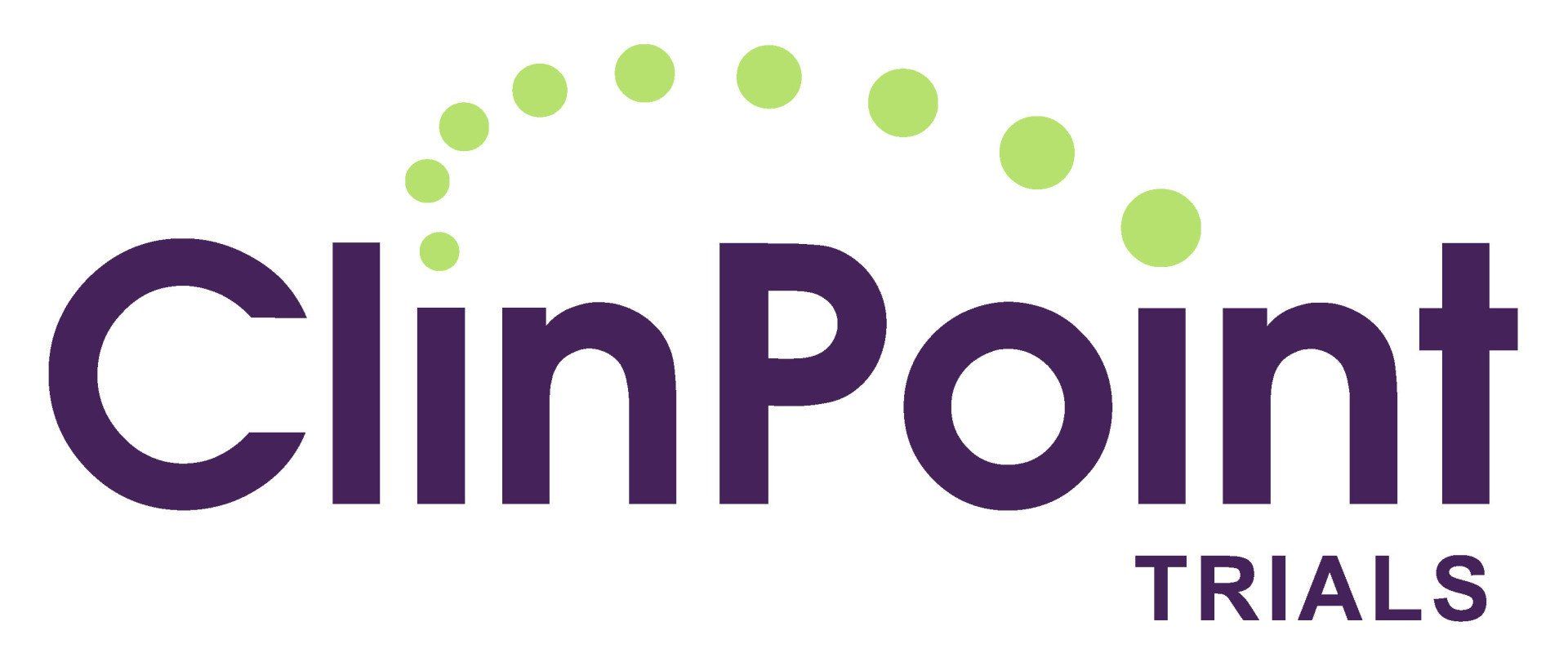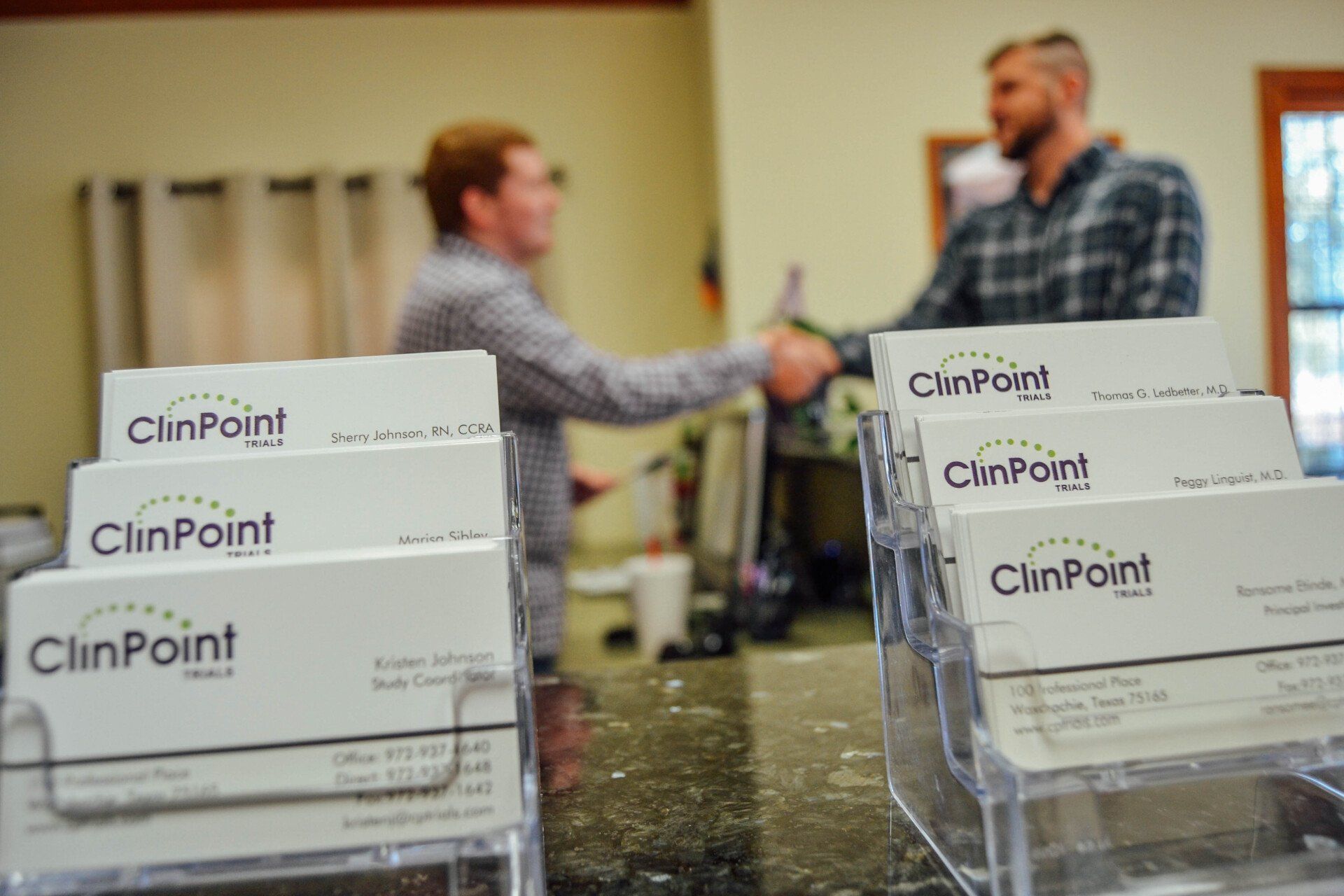FEATURED ARTICLES
Getting Help for Migraines

I met Laura for the first time in the summer of 2015. She came to my office for her first visit as a volunteer for a clinical research study for migraine headaches. “How are you today?” I asked. “Not great,” she said. “I’ve had a migraine for three days. None of the medications I have used have helped my pain.” As we continued to discuss her condition, she informed me that she experienced a migraine headache nearly 20 days each month. Her condition was debilitating. It hindered her ability to work, to enjoy quality time with her family, and to perform normal, day-to-day tasks.
Laura was far from alone. According to the Migraine Research Foundation, 38 million people in the U.S. suffer from migraine headaches, with three times as many women experiencing symptoms than men. Migraine headaches are more severe than typical headaches. Besides being associated with costly healthcare, the condition also takes an economic toll, costing the U.S. an estimated $13 billion annually. During a migraine attack, an individual experiences pain that throbs or pulses, usually on one side of the head. They typically cause individuals to have sensitivities to lights and sounds, and may even cause blocked vision or dizziness. In addition to the pain, moderate to severe nausea and vomiting are common.
There are several different over the counter and prescription medications that are approved by the U.S. Food and Drug Administration (FDA) for use by individuals with migraines. These may include non-steroidal anti-inflammatory drugs (NSAIDS), triptans, or other non-migraine treatments. Despite their common use, these treatments are only designed to treat pain after symptoms of a migraine start.
Investigational new treatments that block calcitonin gene-related peptide (CGRP), a protein found in the body to be in high levels during inflammation, are making their way towards likely FDA approval for the treatment of migraine headaches. Treatments of this class are being developed to stop migraines before symptoms start. In clinical trials, these treatments have shown to have positive safety profiles and be effective in reducing the number of days each month an individual experiences a migraine headache.
At ClinPoint Trials, we were able to work with Eli Lilly and Company and patient volunteers from the community on a clinical trial for a treatment called galcunezumab, a CGRP antibody developed to prevent migraine headaches. In a recent press release, Eli Lilly revealed positive results in Phase 3 clinical trials for patients who experienced migraine headaches. These studies compared galcunezumab to placebo, an inactive substance. While the treatment did not completely stop patients from experiencing migraines, those that received it did experience significantly fewer headaches per month compared to patients that received placebo.
“Migraine prevention will be significantly improved with the emergence of treatments such as galcunezumab,” says Dr. Thomas Ledbetter, Principal Investigator at ClinPoint Trials. “While we were blinded to what treatment group the patients were assigned, we had several patients in this study who were so excited to have their migraines finally under control after years of suffering using traditional therapies.”
There is indeed hope for people like Laura that live with migraine headaches and cannot find a treatment that works for them. While it may be a few more years before we see new treatments for migraine headaches receive FDA approval and hit the market for use, we can hold onto hope that we are on the edge of a breakthrough.














